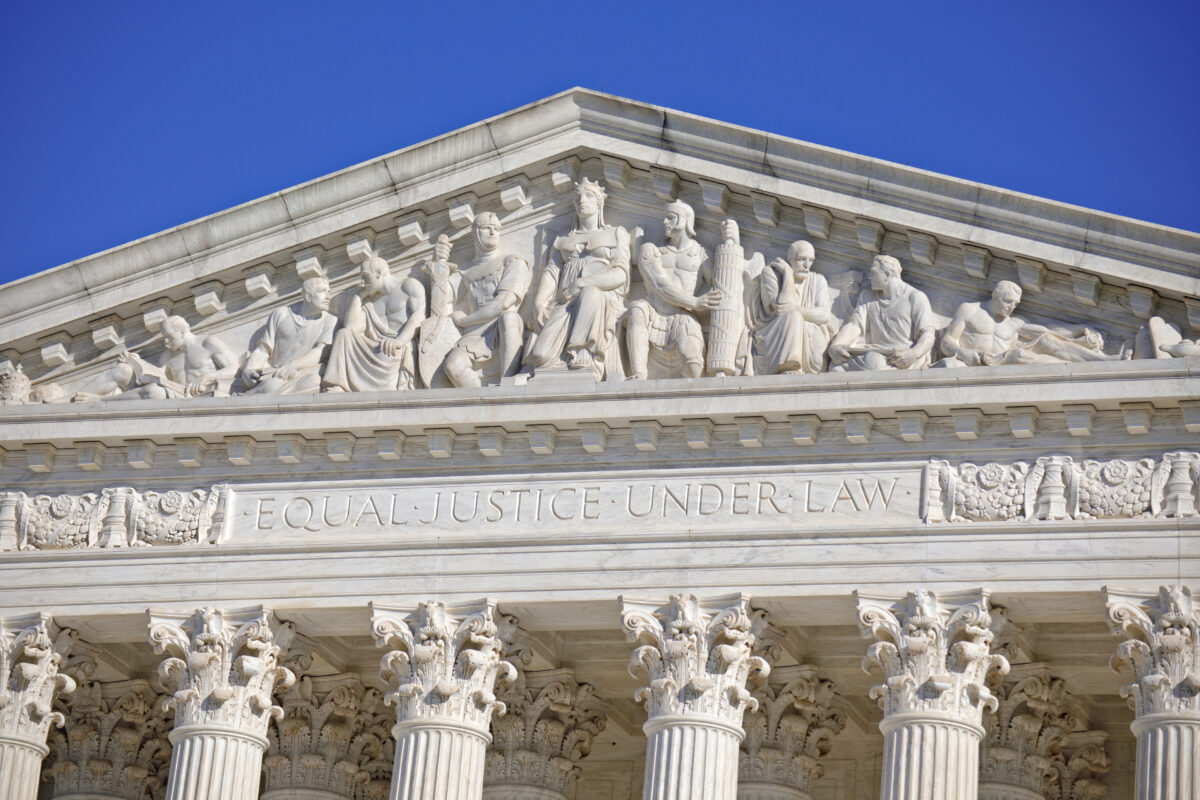The Bottom Line Landmark School Choice Ruling at Supreme Court: A Win for Parents
Originally published at The Washington TimesIn a major win for parents, the U.S. Supreme Court ruled in Carson v. Makin recently that Maine’s tuition assistance program could not discriminate against parents who select private religious schools for their children.
Maine’s program allows families living in districts that lack a secondary school (which equates to more than half of the state’s school administrative units) to designate a secondary school for their child, which may be public or private. The district then provides payment to the school to assist with the student’s tuition cost. Parents can select any school within or outside of Maine without geographical boundaries. The student’s tuition funding could even be sent to schools in foreign countries.
However, Maine limits the tuition assistance payments to only “nonsectarian” schools. So, the question the court faced was whether excluding religious schools violates the First Amendment’s Free Exercise Clause when other private schools can receive the funds.
The Supreme Court’s 6-3 decision, penned by Chief Justice Roberts, stated, “The State pays tuition for certain students at private schools—so long as the schools are not religious. This is discrimination against religion.” Citing previous court rulings, the majority noted that the First Amendment protects against “indirect coercion and penalties on the free exercise of religion, not just outright prohibitions.” Roberts further wrote that “a State’s antiestablishment interest does not justify enactments that exclude some members of the community from an otherwise generally available public benefit because of their religious exercise” if the money flows “through the independent choices of private benefit recipients.”
The Supreme Court decision is a win for parents in Maine and across the country, as the ruling sets the stage for other states to grant more families educational freedom.
keri D. Ingraham
Maine Democratic Attorney General Aaron Frey was quick to speak out about Tuesday’s ruling, suggesting that policymakers will have to decide if they want to get rid of the tuition program because the ruling will enable public funds to support an “educational curriculum that is not inclusive.” Planting a seed that removing the program is a reasonable response, he reinforces a viewpoint that pervades the liberal education establishment: When it comes to education, it’s not about what’s best for kids nor about empowering parents to exercise their parental rights.
Perhaps Frey takes comfort in his belief that many private religious schools in the state won’t want to apply through the state’s Department of Education for approved school status for the tuition program due to the Maine Human Rights Act. Under the Act, organizations that receive public funds won’t be able to continue the practice of gender identity admissions requirements and lifestyle covenants with school families. In other words, religious private schools that want to participate in the program would have to kowtow to the LGBTQ+ agenda despite it being at odds with their faith-based worldview.
Frey asserts that public money supporting a non-inclusive curriculum will “cause strife.” According to Portland Press Herald, he goes as far as to assert that “many conservative families who might initially welcome this ruling may feel different if their local tax dollars were to be used to pay…[for] a school that promotes agnosticism or anything other than Christian beliefs.”
Frey misses the obvious. This is exactly what tax dollars are going toward today — inculcating public K-12 students with not only an agnostic worldview, but one that is intently hostile to our country’s traditional Judeo-Christian founding principles.
The Supreme Court decision is a win for parents in Maine and across the country, as the ruling sets the stage for other states to grant more families educational freedom. Parents must be afforded the opportunity — free from discrimination — to select an education avenue for their child in alignment — not at odds — with their values and faith.


